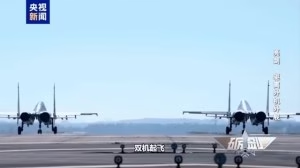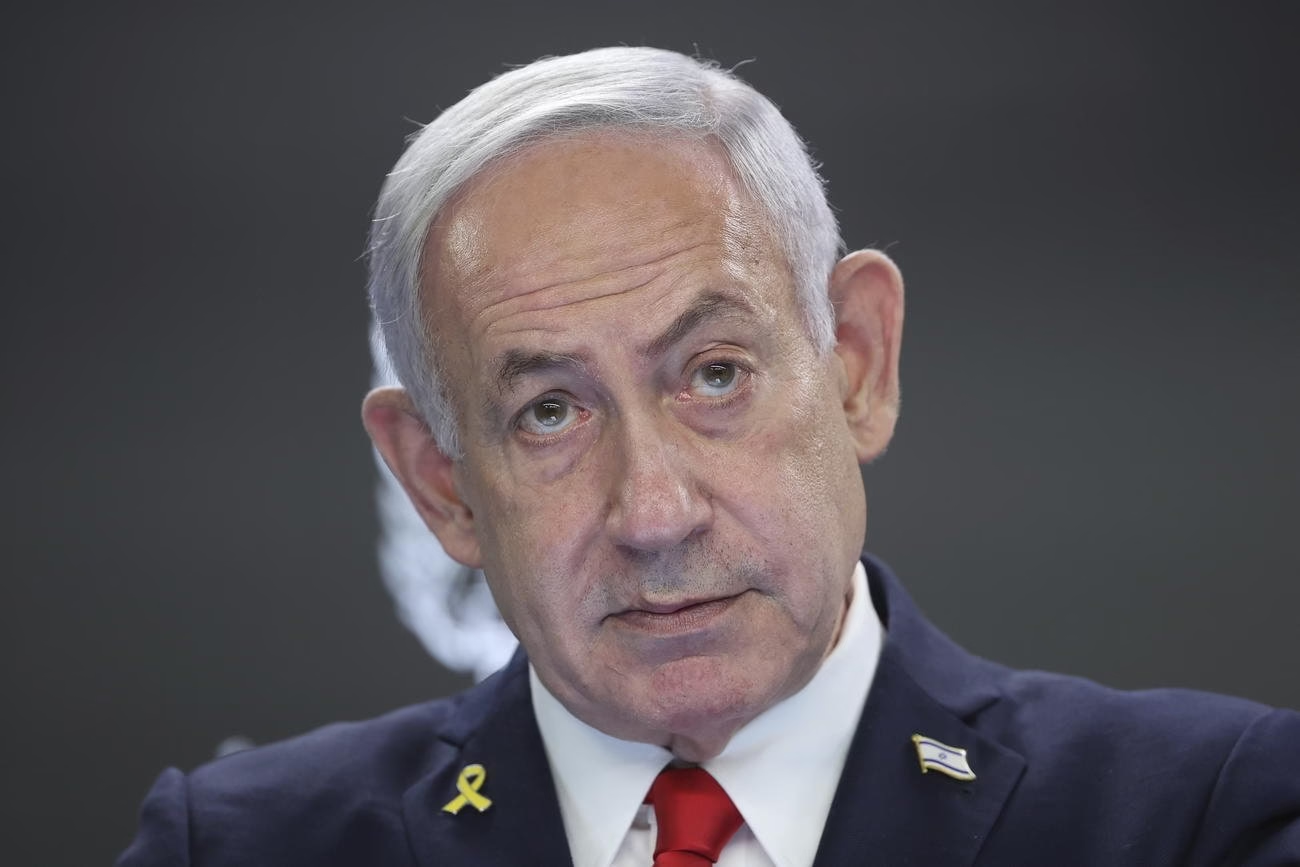WDS 2026 to Introduce Naval Zone as Focus on Maritime Security Expands

World Defense Show (WDS), held biennially in Riyadh under the patronage of Saudi Arabia’s General Authority for Military Industries (GAMI), has rapidly established itself as one of the Middle East’s most significant defense exhibitions. The 2026 edition, scheduled to take place in Riyadh, will mark the third iteration of the event and introduce several new features, including a dedicated Naval Zone.
In this written Q&A with Naval News, Mansour Al-Babtain, Vice President of WDS, discusses the event’s theme, “The Future of Defense Integration,” the growing importance of maritime defense within the show, and how initiatives such as the Saudi Supply Chain Zone, Future Talent Program, and WDS Investor Program are intended to connect local and international stakeholders while supporting Saudi Arabia’s defense localization agenda.
NN: WDS 2026 is themed “The Future of Defense Integration.” How does this vision shape the overall direction of the event, and what do you hope participants will take away from this focus?
Mr. Al-Babtain: The theme ‘The Future of Defense Integration’ is a strategic driver for the entire show, it emphasizes how seamless integration across all defense domains – air, land, sea, space, and security – creates new commercial avenues and collaborative opportunities. Our aim is for participants to leave with a clear understanding of the industry’s integrated trajectory and how WDS serves as a vital platform for forging the partnerships and investments necessary to accelerate future-defining commercial outcomes for the global defense community. We want to inspire the next generation of defense innovators and connect them with the resources to bring their integrated solutions to market.
NN: WDS 2026 will feature significant growth, including expanded exhibition space, greater international participation, and new zones like the Naval Zone. What importance does the new Naval Zone hold?
Mr. Al-Babtain: The introduction of the new Naval Zone is a strategic imperative which directly addresses the critical importance of maritime security in today’s evolving global defense landscape. For WDS, it underscores our commitment to providing a truly comprehensive defense exhibition, recognizing that integrated solutions across all domains are paramount. This zone will not only showcase cutting-edge naval technologies — from advanced vessels to maritime surveillance and aviation — but critically, it will serve as a dynamic hub to cultivate new commercial partnerships and investment in the maritime sector. It’s about creating a platform where naval defense companies can identify new markets, engage with key decision-makers, and contribute to the growth of Saudi Arabia’s burgeoning maritime defense capabilities, driving the future of naval defense business.

NN: How is WDS positioning itself as a global platform for knowledge exchange and industry transformation, particularly in fostering collaboration between international and Saudi defense stakeholders?
Mr. Al-Babtain: As a platform WDS goes beyond the bounds of a traditional exhibition to actively engineer knowledge exchange and collaboration that translates into tangible business outcomes. Our expanded Content Theater Program, in association with our knowledge partner, KPMG, provides a vital forum for global defense leaders to discuss pressing industry challenges and opportunities, including exclusive innovation challenge pitches that highlight investable solutions.
Crucially, we facilitate direct engagement with Saudi Arabia’s defense leadership, including GAMI and SAMI, through the Meet the KSA Government Program we offer essential regulatory and procurement insights for market entry. Our WDS Connect platform is designed to efficiently streamline interactions between buyers and the supply chain, while the new Investor Program, situated within the Future Defense Lab, directly links investors with early-stage innovators and disruptive startups. Furthermore, the Saudi Supply Chain Zone actively bridges the gap between local talent and global players. These integrated efforts are meticulously designed to build deeper commercial connections, enable strategic partnerships, and provide invaluable insights into localization opportunities, firmly establishing WDS as a catalyst for significant progress and collaboration in the defense industry.
NN: In line with Saudi Vision 2030, WDS has introduced initiatives like the Saudi Supply Chain Zone and the WDS Investor Program. How do these programs directly support defense localization and the empowerment of local talent?
Mr. Al-Babtain: In direct alignment with Saudi Vision 2030, WDS has introduced features like the Saudi Supply Chain Zone and the WDS Investor Program to robustly support defense localization and empower local talent. The Saudi Supply Chain Zone uniquely positions local talent at the forefront, creating unparalleled opportunities for Saudi innovators across the defense industry to connect with and showcase their capabilities to global players. This is a pivotal moment for many Saudi SMEs, startups, and entrepreneurs to be discovered, advancing strategic partnerships and vital knowledge transfer in line with Vision 2030’s localization goals.
Complementing this, the WDS Investor Program, strategically located within the Future Defense Lab, offers a bespoke, high-touch experience for the global investment community, launching on day one of the show. This initiative directly connects investors with early-stage innovators, breakthrough technologies, and disruptive startups, thereby progressing critical investment in groundbreaking defense solutions within Saudi Arabia and directly supporting the growth of local defense industries. Moreover, by bringing together local stakeholders, government authorities, and international firms, WDS actively supports the creation of joint ventures, job creation, and technology transfer, all of which drive sustainable localization. Programs like Meet the KSA Government further ease barriers for international stakeholders, accelerating their entry into the Kingdom’s promising defense industry.
NN: Human capital development is central to building a sustainable defense ecosystem. Can you elaborate on the role of the Future Talent Program in preparing the next generation of Saudi defense professionals?
Mr. Al-Babtain: The Future Talent Program stands as a cornerstone of WDS’s commitment to human capital development, playing a crucial role in preparing the next generation of Saudi defense professionals and, importantly, in cultivating a skilled workforce that will attract international investment. This program actively engages over 4,000 Saudi students through mentorship and an exciting Defensethon innovation challenge in partnership with the Ministry of Education for hands-on participation — as well as direct exposure to global defense leaders. It ensures that Saudi youth are actively involved in the Kingdom’s evolving defense landscape. WDS 2026 places a strong emphasis on developing human capital across critical areas like engineering, cybersecurity, manufacturing, and research and development, thereby ensuring that national talent is deeply embedded within the defense value chain.
This program significantly contributes to developing Saudi expertise and upskilling the workforce, which is vital for anchoring local capability for both domestic needs and future export potential, and crucially, for providing a robust talent pipeline for international companies looking to partner and localize operations within the Kingdom.














